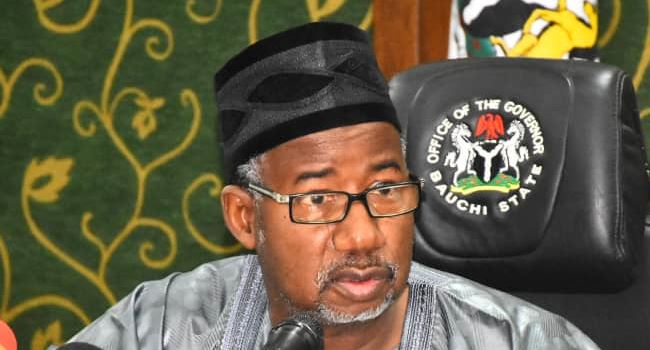
The budget is made up of 58.8 per cent for capital expenditure while 41.2 pe rcent is for recurrent expenditure.
The state Commissioner for Budget, Aninu Hammayo, disclosed this while briefing journalists at the Government House on the outcome of the State Executive Council meeting on Wednesday.
He said the budget was prepared on the assumption of the increase in oil production capacity which means that revenue accruing from the sale of oil will increase and also an increase in Value Added Tax.
He explained, “We also took note of the fact that because of the removal of oil subsidy, there has been an increase in the amount of revenues that will accrue into the Federation Account which means that states are likely to get more from the Federation Account.
“Resulting from that, there has also been hightened inflation which means the cost of goods and services will increase. These were the basic assumptions that we considered before coming up with the budget.
“As usual, all the MDAs were guided by these assumptions and working on the limits that were set by the budget envelopes that were provided to them, submissions were made, they were collated.
“The estimates were presented today, the estimates are in the region of about N300 billion and we have a proportion of 58.8 per cent that are allocated to expenditure while 41.2 per cent for recurrent expenditure. This means the emphasis are basically on expenditure, creating assets that should be able to generate revenues going into the future.
“It is also important to note that the budget estimates would be presented tomorrow (Thursday) as a bill to the sate House of Assembly.”
Contact: [email protected]





